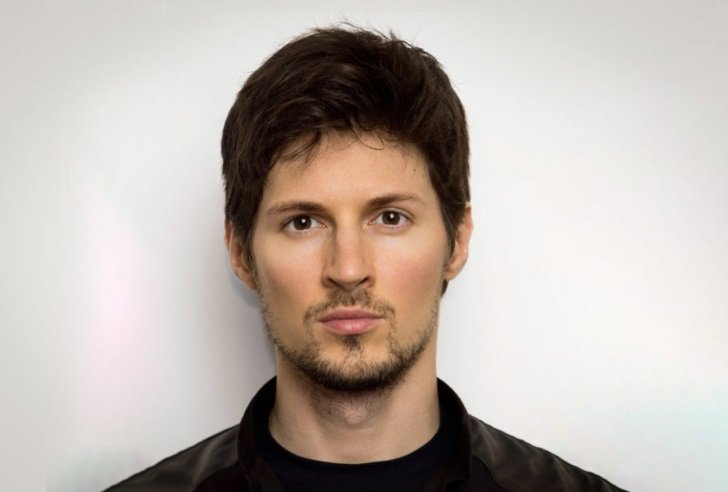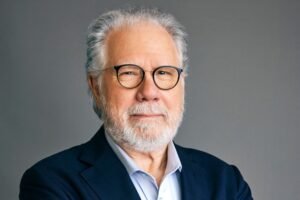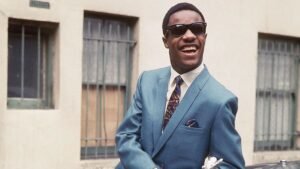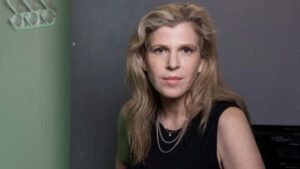Pavel Durov, Founder of Telegram and Advocate for Privacy

Pavel Durov, a technological visionary and staunch defender of digital privacy, is known for founding two of the most influential platforms in the digital world: VKontakte and Telegram. His career has been shaped by a firm commitment to freedom of expression and resistance to government censorship. Durov has become a key figure in the defense of digital rights, facing major challenges while leading the evolution of secure and private communication in the modern era.
Early Life and Education
Pavel Valeryevich Durov was born on October 10, 1984, in Leningrad, Soviet Union, into an intellectual family. His father, Valery Durov, is a doctor in philology, providing Pavel with a rich educational environment and early access to quality learning. From a young age, he showed a strong interest in technology and programming—a passion that would lay the foundation for his future career.
Educated in Saint Petersburg, Durov stood out for his intelligence and technical skills, earning a place at Saint Petersburg State University, where he studied philology. However, his true passion was always technology, and he began experimenting with programming at an early age.
Founding of VKontakte
In 2006, Pavel Durov, together with his brother Nikolai, founded VKontakte, a social network that quickly became Russia’s most popular and the main competitor to Facebook in the region. The platform offered distinctive features such as a cleaner interface, superior user experience, and strong multimedia integration.
VKontakte not only became a phenomenon in Russia but also expanded across other post-Soviet countries, attracting millions of users. Under Durov’s leadership, the platform was known for its stance on freedom of expression and privacy, often resisting government pressure to censor content.
Controversies and Conflict with the Russian Government
VKontakte’s success did not come without challenges. In 2011, Pavel Durov openly clashed with the Russian government when he refused to shut down VKontakte groups that supported protests against Vladimir Putin’s regime. This act of defiance marked the beginning of escalating tensions between Durov and the Kremlin.
In 2014, Durov announced he had sold his shares in VKontakte and was stepping down, citing that he could no longer operate in Russia due to increasing government pressure. After leaving VKontakte, he went into self-imposed exile, first in Europe and then moving across various countries, all while continuing to develop his technological vision.
Defending Privacy
Following his departure from VKontakte, Pavel Durov focused on Telegram, a messaging app he launched in 2013 with his brother Nikolai. Telegram was built to be secure, fast, and simple, with a strong emphasis on user privacy—a direct response to Durov’s experiences with state surveillance in Russia.
Telegram has grown exponentially since its launch, reaching over 700 million monthly active users by 2024. The app is known for its advanced security features, including end-to-end encryption and self-destructing messages. These capabilities have made Telegram a popular tool among activists, journalists, and anyone concerned with online privacy.
Legal Challenges and Cryptocurrency
In 2018, Durov and Telegram found themselves in the middle of another controversy after launching an Initial Coin Offering (ICO) to fund the development of the GRAM cryptocurrency and the TON (Telegram Open Network) blockchain. Despite raising over $1.7 billion, the project faced legal obstacles—mainly from the U.S. Securities and Exchange Commission (SEC), which accused Telegram of conducting an unregistered securities offering.
The project was ultimately abandoned in 2020, and Telegram was forced to return the raised funds. Despite this setback, Durov remained a vocal supporter of cryptocurrencies and blockchain technology as tools for financial freedom and decentralization of power.
Present Day and Future Vision
Today, Pavel Durov remains a highly influential figure in the tech world. Under his leadership, Telegram continues to evolve, with a constant focus on privacy, freedom of expression, and the creation of a digital ecosystem free from the constraints imposed by governments and large corporations.
Durov is known for his minimalist approach and rejection of aggressive commercialization, choosing to keep Telegram free of ads and funded through optional premium services. His vision for Telegram’s future includes expanding its capabilities—from advanced messaging tools to digital payment platforms—all while maintaining a strong commitment to the principles of privacy and security that have defined his career.







